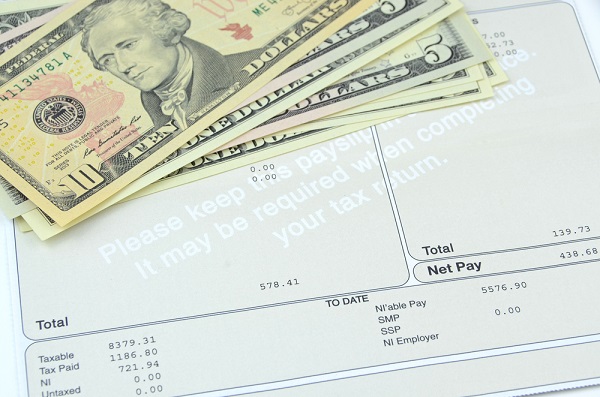 Workers also aren't happy with CEO pay, with 78 percent saying that most CEOs and other top execs make too much compared with employees. (Photo: Shutterstock)
Workers also aren't happy with CEO pay, with 78 percent saying that most CEOs and other top execs make too much compared with employees. (Photo: Shutterstock)
No matter their age or race, nearly a third of workers don't believe that employees in their company are paid fairly. In fact, 34 percent say they believe their pay is based on managers' or supervisors' “feelings” on what they deserve to make, instead of based on performance, experience or skills.
That's according to a study from beqom that also finds 48 percent of workers believing that men are paid more than women at their company. At the industry level, U.S. workers believe men are paid more than women in technology (34 percent), banking and finance (23 percent), health care and medical (13 percent) and education and higher education (5 percent)—regardless of equal skill, performance and experience.
Related: The growing complexity of compensation strategies
So, not surprisingly, the study finds that workers want—and are creating—pay transparency, with 45 percent of workers admitting they know what their colleagues make and 46 percent admitting that they've talked about their salary with colleagues. Still, old habits die hard; younger workers are more likely to talk salary with coworkers than older ones, with 56 percent of millennials saying they'd share their salary details with colleagues compared with just 27 percent of boomers.
And awkward as those money conversations might be, 66 percent of workers would rather that colleagues know their salary than have even more awkward conversations: details of their sex life (20 percent), for example.
Workers also aren't happy with CEO pay, with 78 percent saying that most CEOs and other top execs make too much compared with employees and 60 percent wanting to know just how much those salaries amount to. While 28 percent say that latter desire is in the name of transparency, 21 percent said it would serve as motivation and 11 percent say it's because they want to know just how wide that pay gap is.
All that said, they don't want to talk about it with their managers. Only 19 percent say they'd be comfortable discussing their salary with their manager or supervisor, and 20 percent say they wouldn't ask for a raise even if they knew a colleague with comparable skills and experience was making more than they were.
In addition, although 54 percent say they don't plan on asking for a raise or additional benefits before the end of the year, that doesn't mean they don't want more money. In fact, 29 percent are planning to jump ship within the year because they're not happy with their salary and compensation.
What else is influencing salary perceptions?
© Touchpoint Markets, All Rights Reserved. Request academic re-use from www.copyright.com. All other uses, submit a request to [email protected]. For more inforrmation visit Asset & Logo Licensing.






